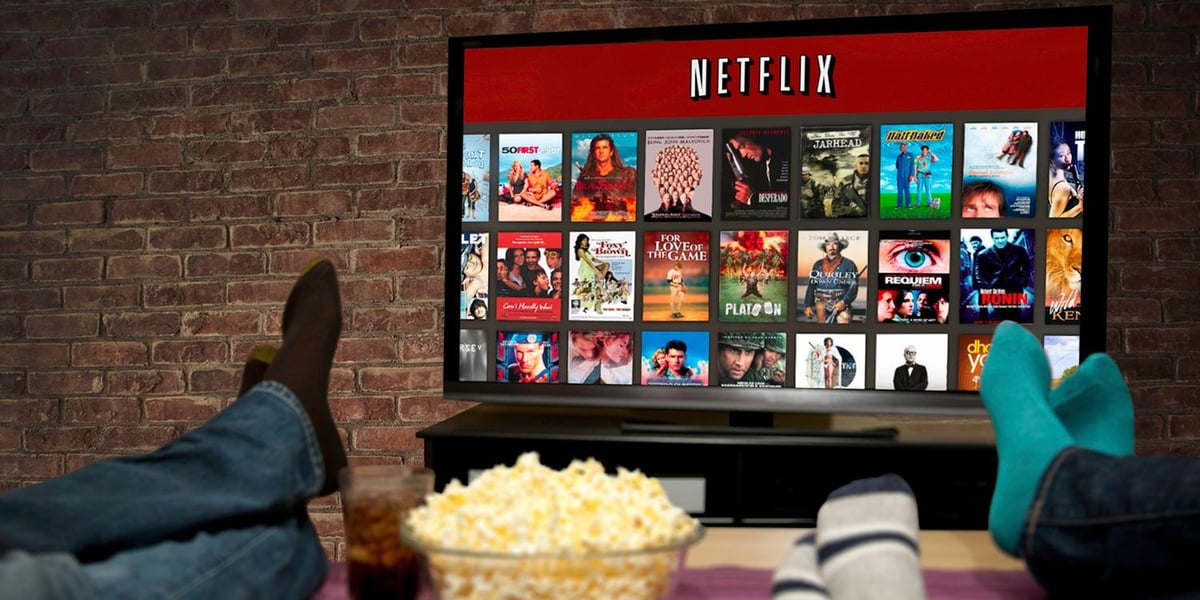
Avoid the trap of trying to make cord-cutting look like cable TV
Cord-cutting is less expensive than cable, and with a little work, you will be having a great experience, but it's not the same as cable TV. Here's why.
I have been helping people become cord-cutters for about three years. From day one, I have heard a lot of talk about how cord-cutting is not less expensive than cable TV. I could not disagree more because my family saves over $2,000 a year! Also, studies have shown that, on average, cord-cutters save over $1,000 a year.
Often, when I talk with people who say they cannot save money by cord-cutting I find they are subscribing to five or more services. For example, one person had a very high package of PlayStation Vue, CBS All Access, Netflix, Hulu, HBO Now and Amazon Prime.
This is a major mistake I often see people make. They try to make cord-cutting look just like cable by focusing on the number of channels they get, rather than whether they are getting the shows they want. Cord-cutting can be a great way to save money and still watch your content, but you need to look at it differently.
So, here are a few guidelines on how you can avoid the trap of trying to make cord-cutting just like cable.
Stop looking for channels and start looking for shows
I often hear that someone is paying for the most expensive package of PlayStation Vue, or they got an add-on for Sling, just because they wanted access to one show.
If all you want is that one show, try doing one of two things; first, buy a season pass to that show on Amazon or iTunes rather than paying monthly. This is far less expensive. Second, subscribe to a package or service only when that show is live. For example, want HBO just for Game of Thrones? Why not subscribe to HBO Now only when Game of Thrones is on and then cancel it when it is not on?
Get past the idea that if you want a station you need to pay for it year-round. You can get a ton of local channels over the air for free with a digital antenna. What's more, cord-cutting gives you the freedom to add and drop services anytime you want. Buying a yearlong subscription to a channel for one show is a very expensive way to watch a show that is only on seasonally.
Don’t overpay for Internet
Be sure to shop around for your Internet service — do not just go with your current cable provider. Often, they will charge subscribers who downgrade their services considerably more than a new subscriber who only wants access to the Internet. By shopping around, and choosing the best deal between cable and DSL, you can save hundreds of dollars every year.
If you're lucky enough to have gigabit fiber from Ting or a fast Internet connection at home, that's great, you'll have no trouble streaming your favorite shows at all. However, do keep in mind that streaming doesn't require a ton of speed. When I first cut the cord, I only had 10 Mbps download speed from our local DSL company. Now, I find 20 to 25 Mbps down is more than enough to stream Netflix and other services.
Often, when you downgrade your cable TV service, company representatives will try to talk you into a faster Internet package. Avoid the temptation to buy the most expensive service they push.
If you went back, would you really cancel Netflix?
There are about 20 million cord cutters in the United States, but over 60 million Netflix subscribers. That means about 40 million cable TV subscribers also pay for Netflix. Additionally, there are roughly 50 million Amazon subscribers, meaning 30 million cable subscribers also pay for Amazon Prime.
So, ask yourself if you went back to cable TV, would you really cancel all of these services or would you be paying for cable TV and several streaming services? Would you give up access to hit shows like Stranger Things? For many, the answer is no. They would still at least pay for Netflix, if not other streaming services like Amazon.
Don’t be fooled by the offer on the phone
When you speak to your cable subscriber on the phone, it's likely their representative will not offer up details about the added fees and hidden charges that will be applied to your bill. Here are a few things to ask them:
What are the rental fees on the devices?
Some cable providers are charging you a fee, every month, for each TV in your house because they require a box on every TV. You'll want to be aware of these fees because they add up over time.
What are the taxes and other fees?
We recently showed how Comcast added over $40 in fees and taxes to one subscriber's bill.
How long is this rate good for?
Cable representative often will say the rate is good for the life of the contract, but get it in writing. If it is not in writing don’t trust it. Upon reviewing their contract, many people are shocked to find out the promotional rate quoted by the cable representative won’t last for the life of the contact.
So, don’t be fooled. Stay strong! Cord-cutting is less expensive than cable, and with a little bit of work, you will be a very happy cord cutter.
.png?length=710&name=Blog%20banners%20(20).png)
.png?length=710&name=Blog%20banners%20(19).png)
.png?length=710&name=SMB%20Blog%20banner%20(5).png)